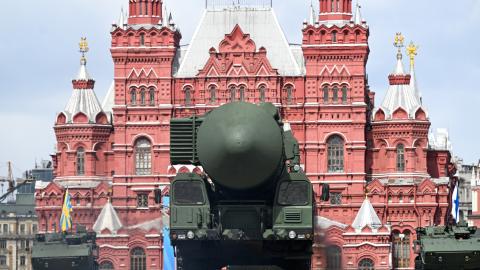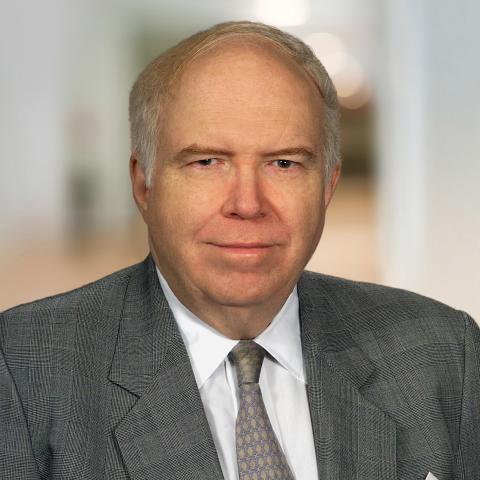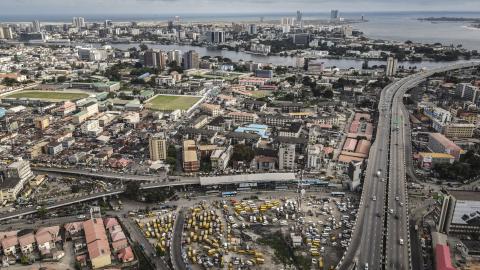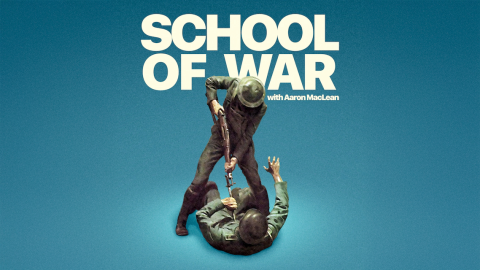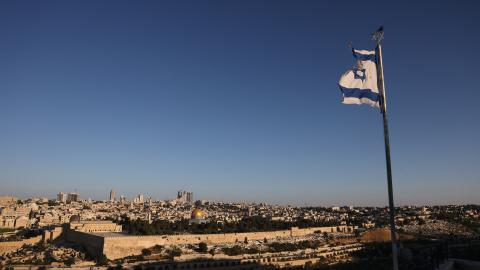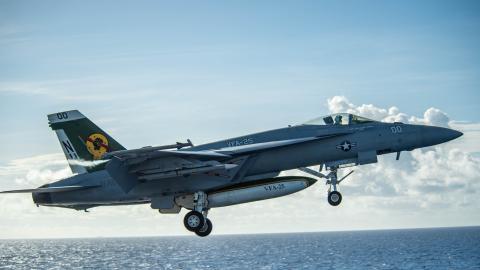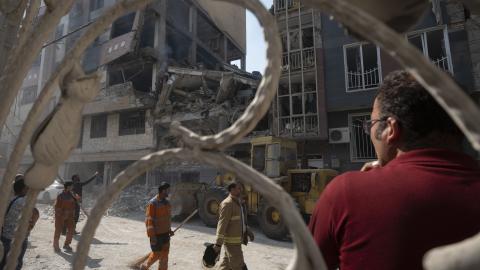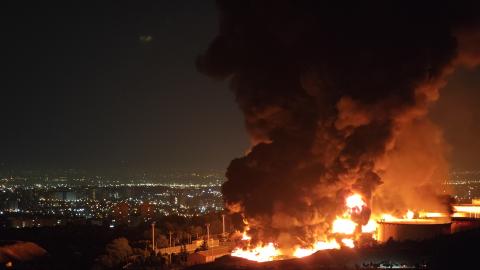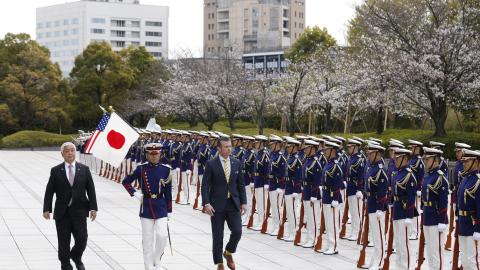In my book, I argue that we took 9/11 too personally. The result is that we've come to see our multiple engagements in the Middle East--from the wars in Iraq and Afghanistan to our contentious relationship with Iran--in the framework of a clash between Western and Islamic civilization.
This conceit has broad appeal across the American political spectrum. The right of center wants to argue that there is a war between Western civilization and the lands of Islam; while the left of center typically contends that Western interference in the region, from colonialism to Zionism to American hegemony in the oil-rich Persian Gulf, is the root cause of all that's wrong with the Middle East.
I see it differently. I believe that 9/11 was evidence of a clash all right, but the clash that led to it was less the conflict between the West and Islam than those between the Arabs themselves.
Consider just a few of the clashes that we've seen erupt over the last few years: Sunni-Shia sectarian strife in Iraq; a Palestinian civil-war between Hamas and Fatah; Hezbollah's violent coup against the democratically elected government of Lebanon; a Houthi rebellion on the Yemen-Saudi Arabia border.
To be sure, there are genuine points of conflict between the lands of Islam and the West, and a significant part of the Middle East, including Osama Bin Laden, is at war expressly with the United States.
Moreover, Washington's strategic interests make us party to myriad regional confrontations, but these conflicts are just part of a system of wars that involves the entire Middle East. We are now incontrovertibly a part of these wars, but their causes and sources are to be found in the region itself, and not at the lower end of Manhattan, or even in the halls of the Pentagon.
September 11 is the day we woke up to find ourselves in the middle of a clash of Arab civilizations, a war that used American cities as yet another venue for Arabs to fight each other.
The focus then belongs on the conflicts and divisions within the Middle East, a political culture that has no mechanism for either sharing power or transmitting political authority from one governing body to another except through inheritance, coup or conquest.
Whether the fight for power is waged between the state and insurgents, or Islamists and nationalists, or one tribe against another, the essential pattern is the same. It is the order that the fourteenth-century Arab historian Ibn Khaldun describes in his masterpiece, "Al Muqaddima": history is a matter of one tribe, nation or civilization dominating the others until it, too, is overthrown by force.
As Osama Bin Laden observed, "when people see a strong horse and a weak horse, by nature, they will like the strong horse." This principle is drawn not from the extremist fringe, but represents the region's political and social norm.
Hence, it is not Western imperialism, nor Zionism, nor Washington policymakers that have determined the fundamental character of the region, but Middle Easterners themselves who have fought to become, and maintain their place as, the strong horse.
